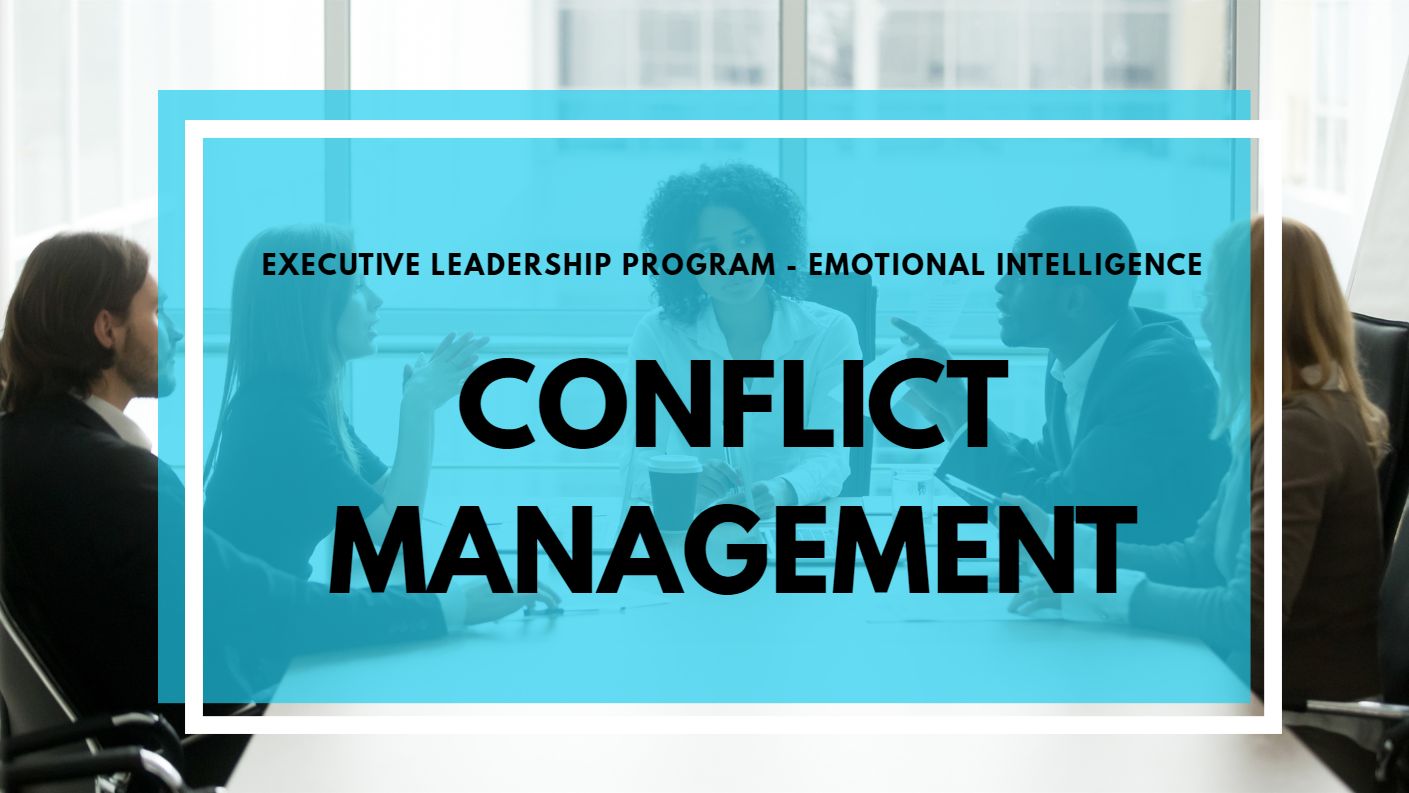
Conflict Management - Diffusing Explosive Situations
-
Register
- Alumnus Member - Free!
- Honorary Member - Free!
- Purple and Gold Member - Free!
- Student Member - Free!
- Faculty Advisors - Free!
- Graduate Member - Free!
- Undergraduate Member - Free!

This course offers a comprehensive exploration of strategies aimed at de-escalating and effectively managing conflicts, particularly in situations that have the potential to become intense or explosive. This course equips Candidates with valuable insights and techniques to handle conflicts with composure and tact.
Course Highlights:
Differentiating Types of Conflict:
- Candidates will gain an understanding of the two primary types of conflict: constructive and destructive. Differentiating between these types is crucial for determining appropriate conflict resolution approaches.
Awareness of the Escalation Process:
- Explore the stages of conflict escalation, from the initial disagreement to potentially explosive situations. Understanding this process helps Candidates intervene before conflicts reach critical points.
Navigating Different Personalities:
- Learn how to navigate conflicts involving individuals with diverse personalities and communication styles. Develop strategies to address varying perspectives effectively.
The course integrates interactive elements, including activities and videos, to provide Candidates with immersive learning experiences.
Learning Outcomes
Candidates will have developed a deeper awareness of conflict dynamics, honed their ability to identify escalation triggers, and gained insights into managing conflicts involving diverse personalities. Equipped with these skills, Candidates will be better prepared to approach potentially explosive situations with confidence, diffuse tensions, and foster a more harmonious and productive environment.
All of the courses have a time expectation. In order to successfully complete Tier 2, you will need to complete/watch each course in its entirety.
Questions? Notice an error? Recommendations on how to improve? Email: elp@phisigmapi.org